The counterattack of 361 bits and the disenchantment moment of the tennis world
When world No. 361 wildcard Boisson defeated sixth seed Mila Andreeva in straight sets 7-6(6), 6-3 to become the first player in French Open history to reach the Women's Singles semi-finals with a wild card, Roland Garros' clay witnessed a true disenchantment moment when the myth of professional tennis' carefully constructed rankings collapsed.
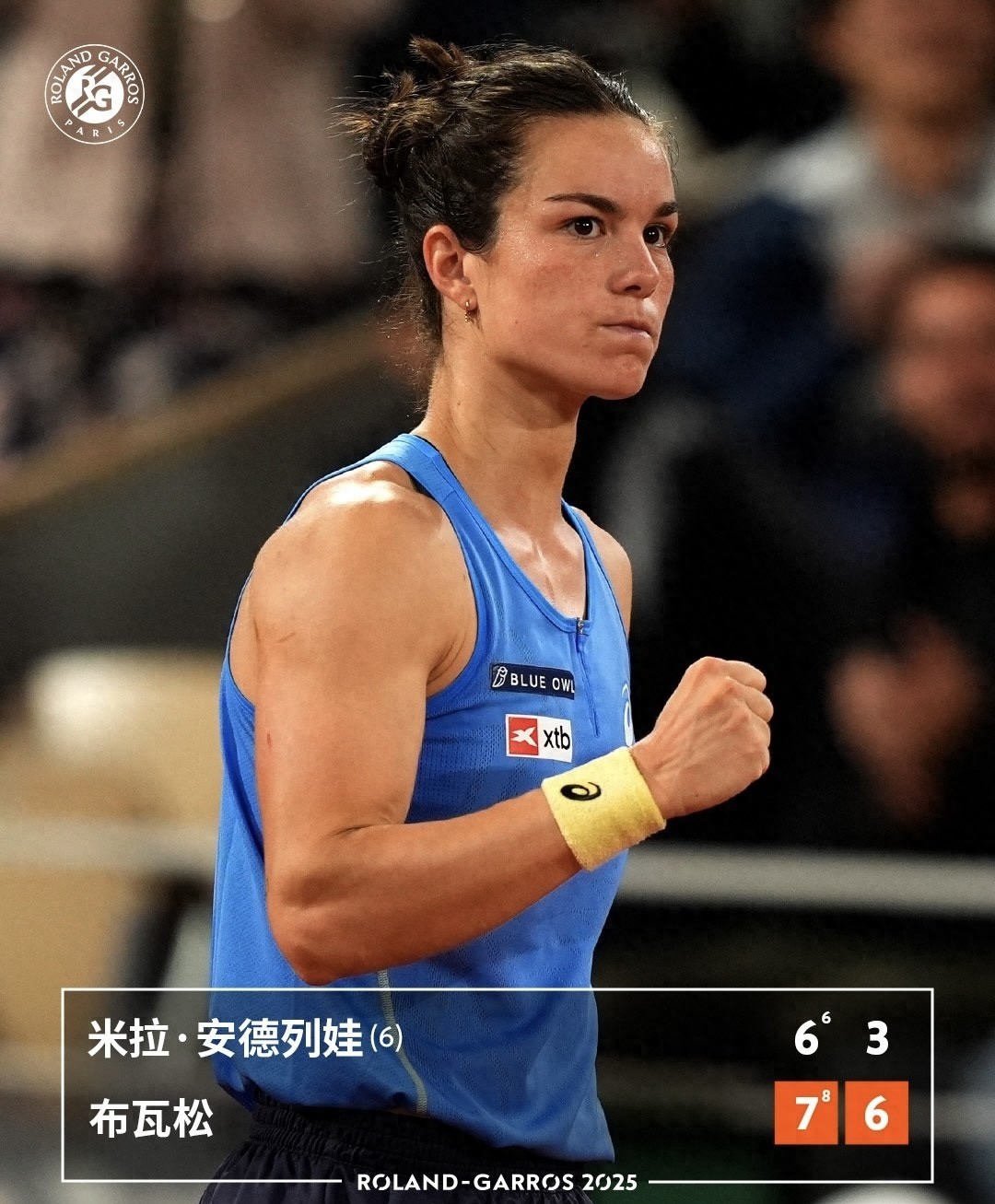
Boisson's victory was impressive not only because she defeated two top 10 players in a row (including world No. 3 Pegula), but also because she deconstructed many of the presuppositions of modern professional tennis in an almost primitive way. The French girl, who is competing in the main draw of a Grand Slam for the first time, showed the world the pure form that can be formed when a player is free from psychological baggage with her bold "nothing to lose" style, especially the power of her forehand that almost crushes her opponent. Her shots are less like a calculated professional routine, but more like a direct burst of vitality – no complicated spinning calculations, no forward-looking landing point selections, only the most authentic understanding of tennis: hitting the ball over the net and hitting one more shot than her opponent.
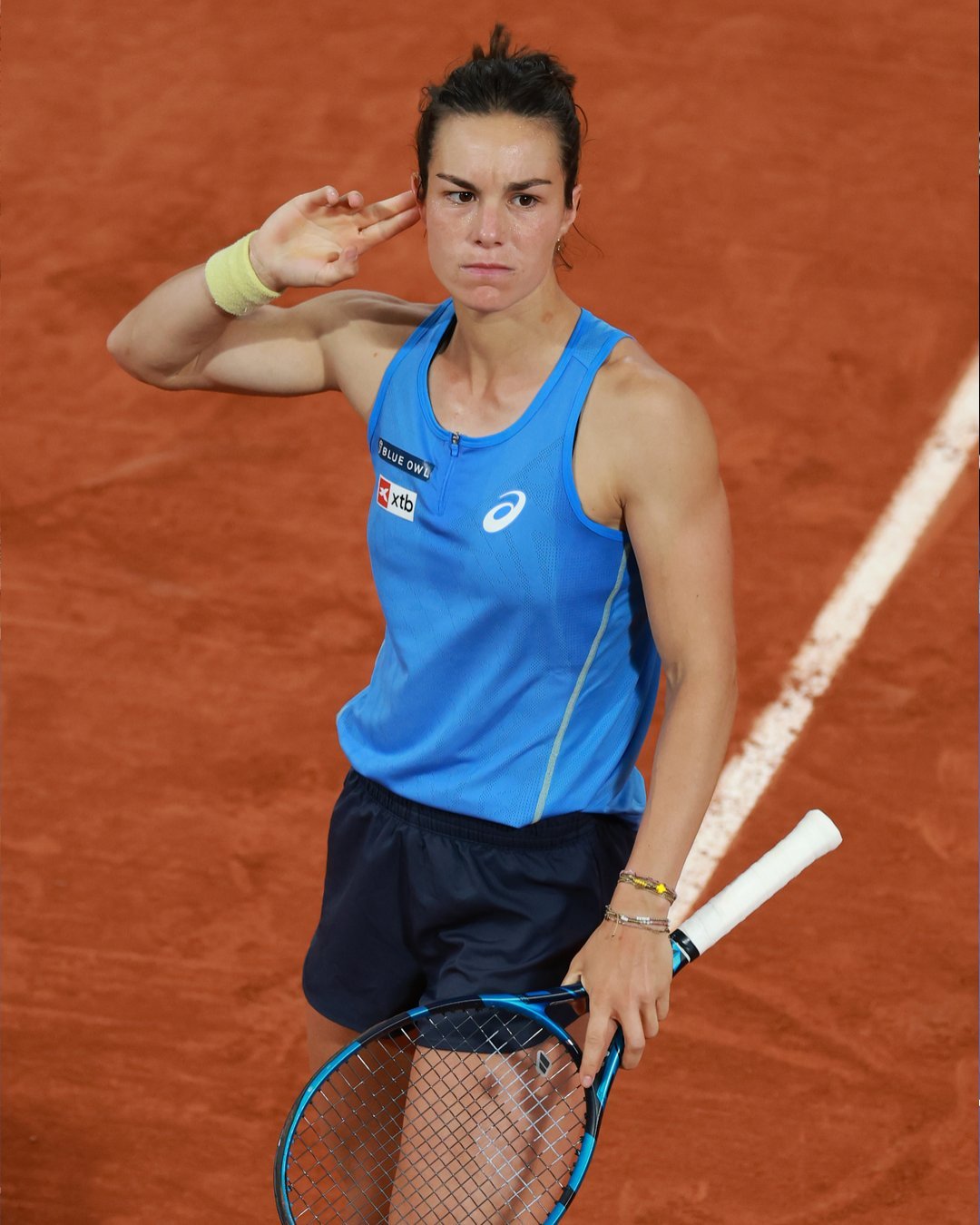
Andreeva's defeat, on the other hand, is the best footnote to Boisson's victory. The young seed admitted after the match: "I think it was a combination of disappointment with my performance and the hostility of the crowd towards me. This dissection reveals a brutal truth: professional tennis elites are often trapped by illusions of their own making. Rankings, seeding, and audience expectations, these external factors that should motivate players have become a cage for imprisoning thinking at critical moments. Andreeva wasted not only a great opportunity in the first set and the second set, but also the freedom to play under the pressure of the system.
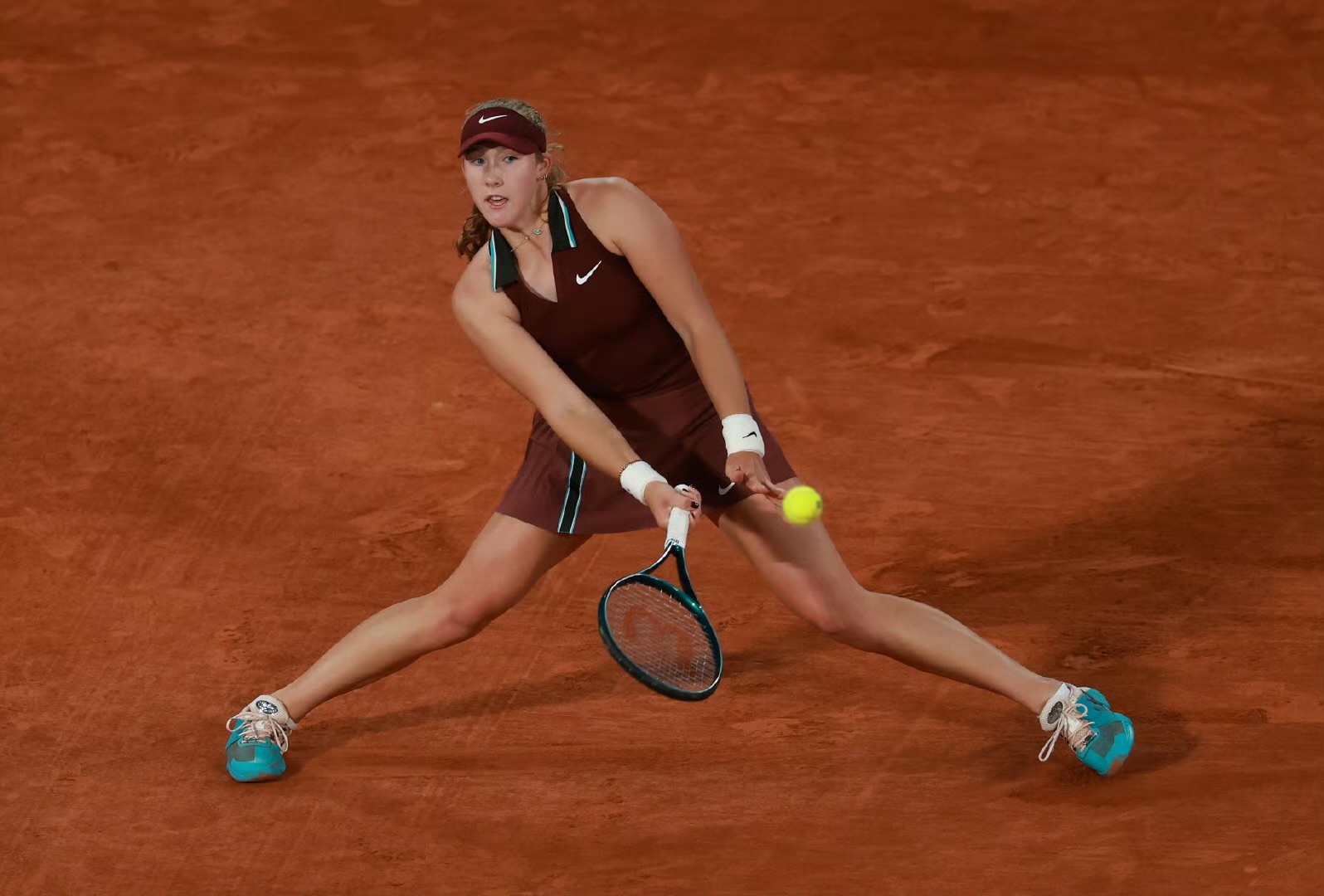
Boisson's miraculous journey is reminiscent of the philosopher Foucault's discourse on "heterotopias" – alternative spaces that exist in the real world but subvert the conventional order. In the highly commercial, hierarchical field of professional tennis, the Grand Slam has unexpectedly become a heterogeneous space that allows "outliers" to break into and subvert the established order. The ranking of 361 is no longer an accurate reflection of her technical level, but has become a passport to liberate her psyche. When everyone thought she should be nervous, she was truly free; While her opponents were overwhelmed by rankings and expectations, she played tennis that surpassed the rankings.
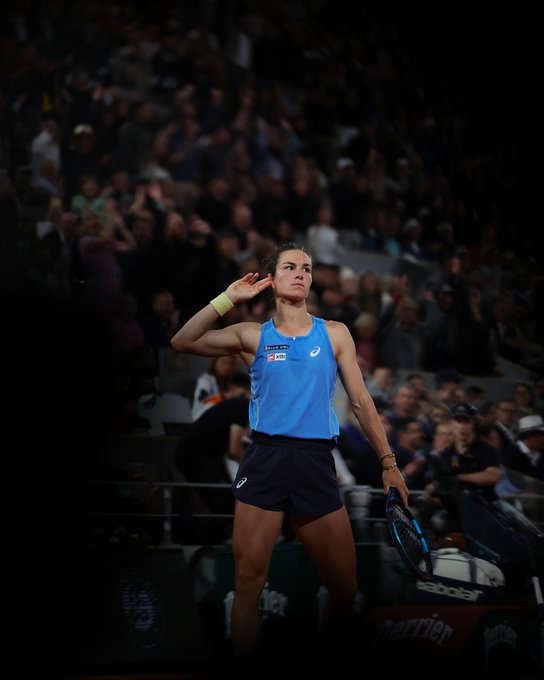
Perhaps the most profound lesson of the game is that the over-specialization of professional sports is creating a new alienation. Defined by data, rankings, and technical statistics, players gradually forget the most primitive joy of sports. Boisson's emergence was a wake-up call that when tennis was reduced to a simple game of batting, the elaborate professional system could have become a shackle to the player's performance. Her forehand is able to "crush" her opponent precisely because it is the closest thing to the essence of tennis that is untainted by professional dogma.
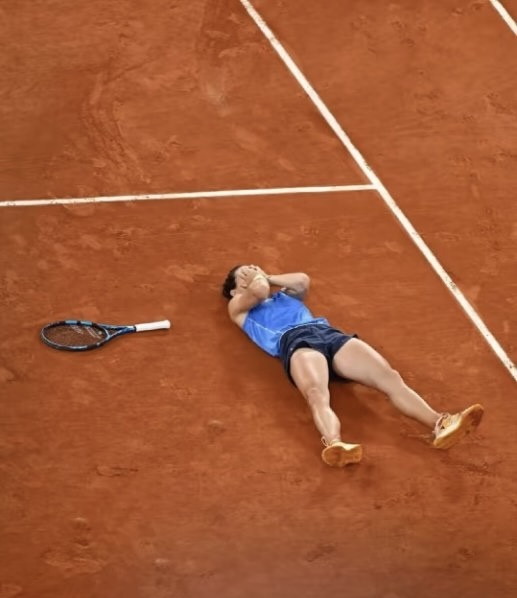
Boisson's instant ranking soared 296 places to 65th, a digital miracle that was a slap in the face to the professional tennis evaluation system. Do these numbers really define the players? Or are they just simplified illusions that we have created to understand the sport? When a player ranked 361 can beat the top players in a row, the explanatory power of the entire ranking system is severely challenged.
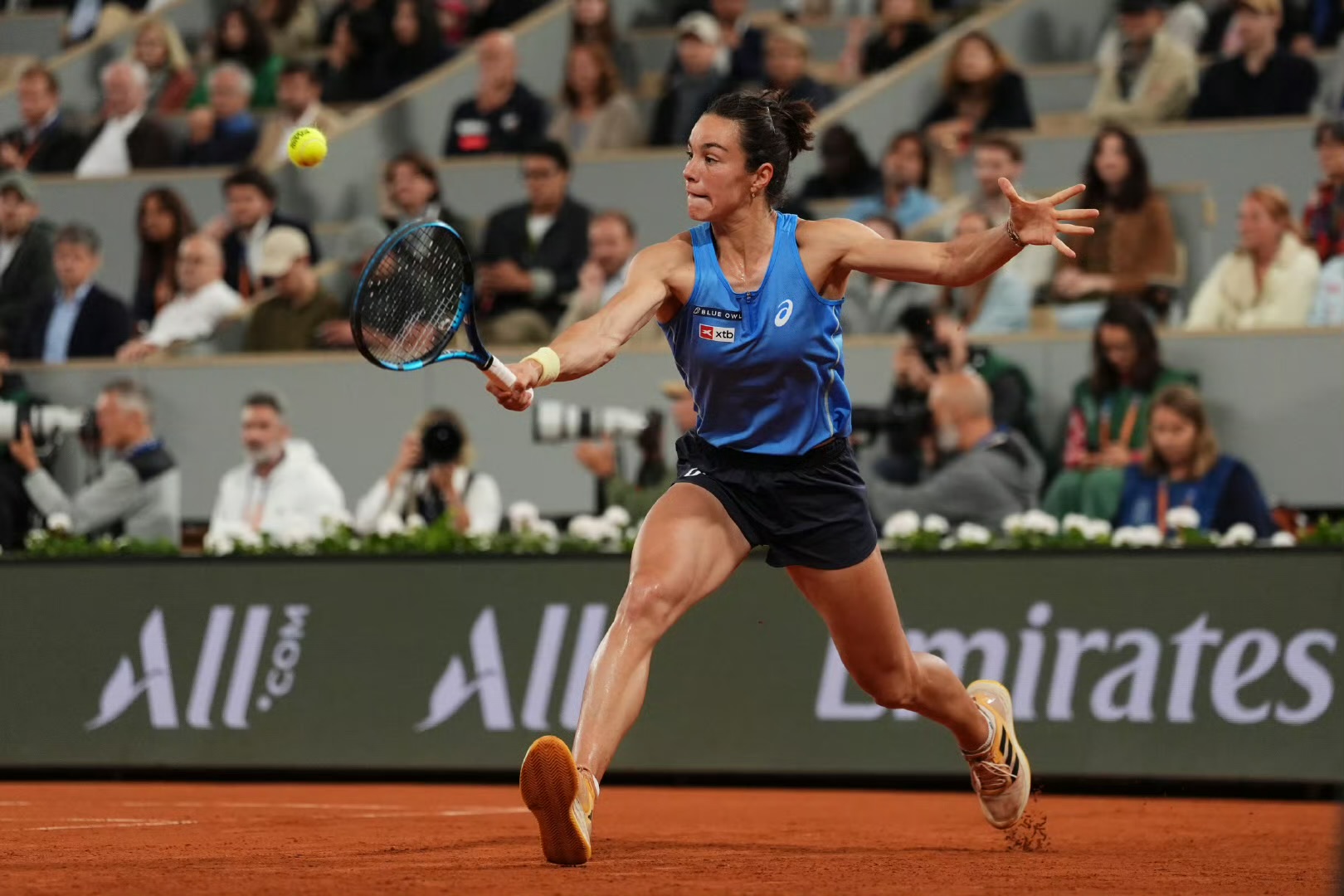
Ahead of the upcoming semi-final against Gauff, no matter what the result, Boisson had already completed the most successful disenchantment of professional tennis. She proves that at a specific point in time and space, when the psychological shackles are lifted, when the movement returns to its true nature, any preset hierarchical order can be subverted. This is not an accidental "dark horse miracle", but a correction to the over-specialization of professional sports.

Perhaps, Boisson's greatest contribution is not to make the history of the French Open, but to remind us that the most moving moments of competitive sports often occur when rules and order are broken, in the huge gap between rankings and reality, and in those precious moments when the coat of professionalism is accidentally torn apart and the true face of sport is revealed. In this sense, every shot she makes is not just to earn points, but also to summon the soul of overly systematic professional tennis.(Source: Tennis Home Author: Mei)







 Links
Links
 Contact
Contact
 App
App


